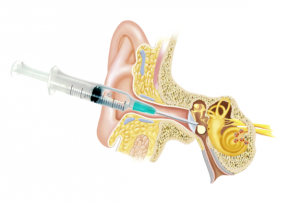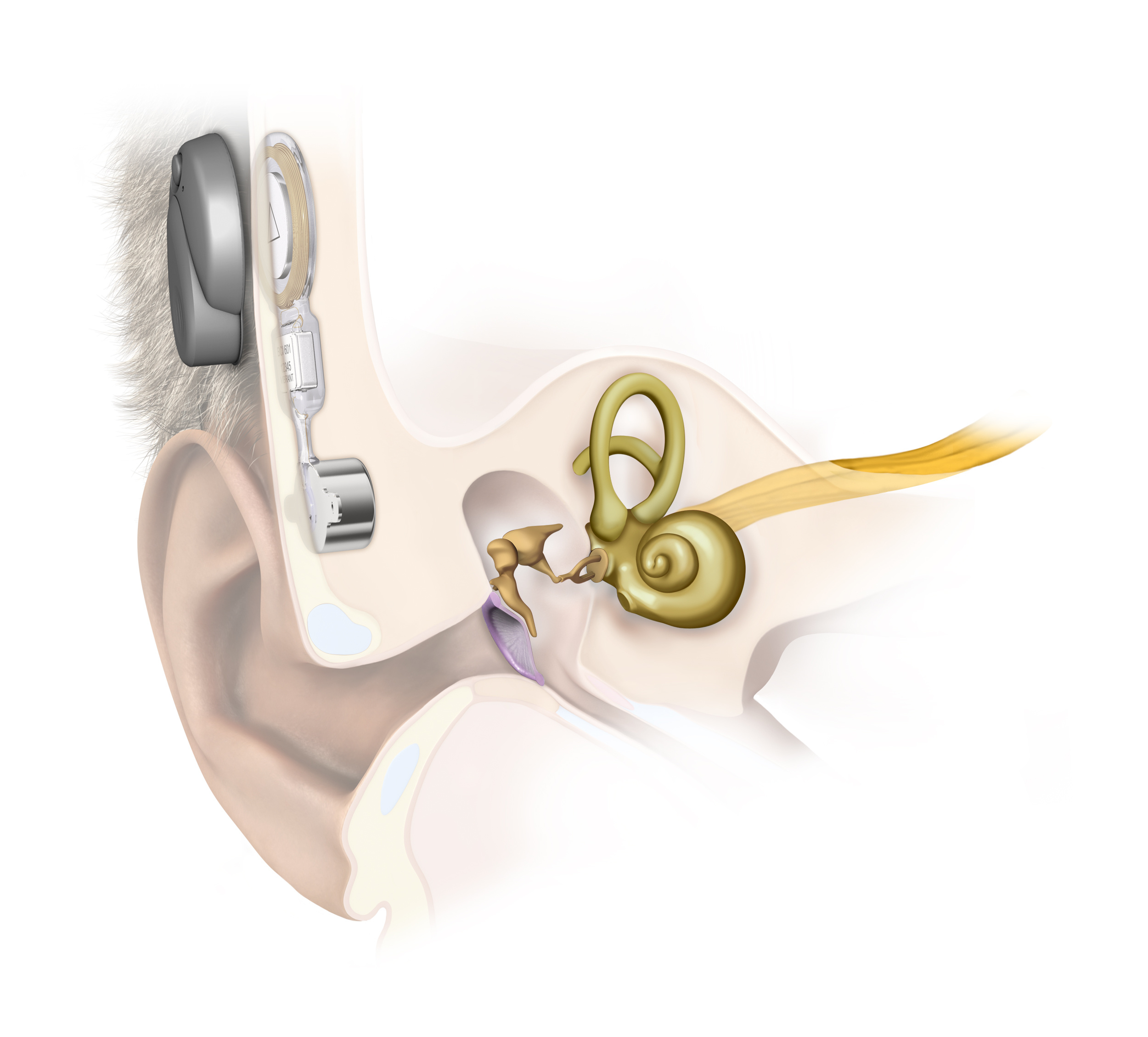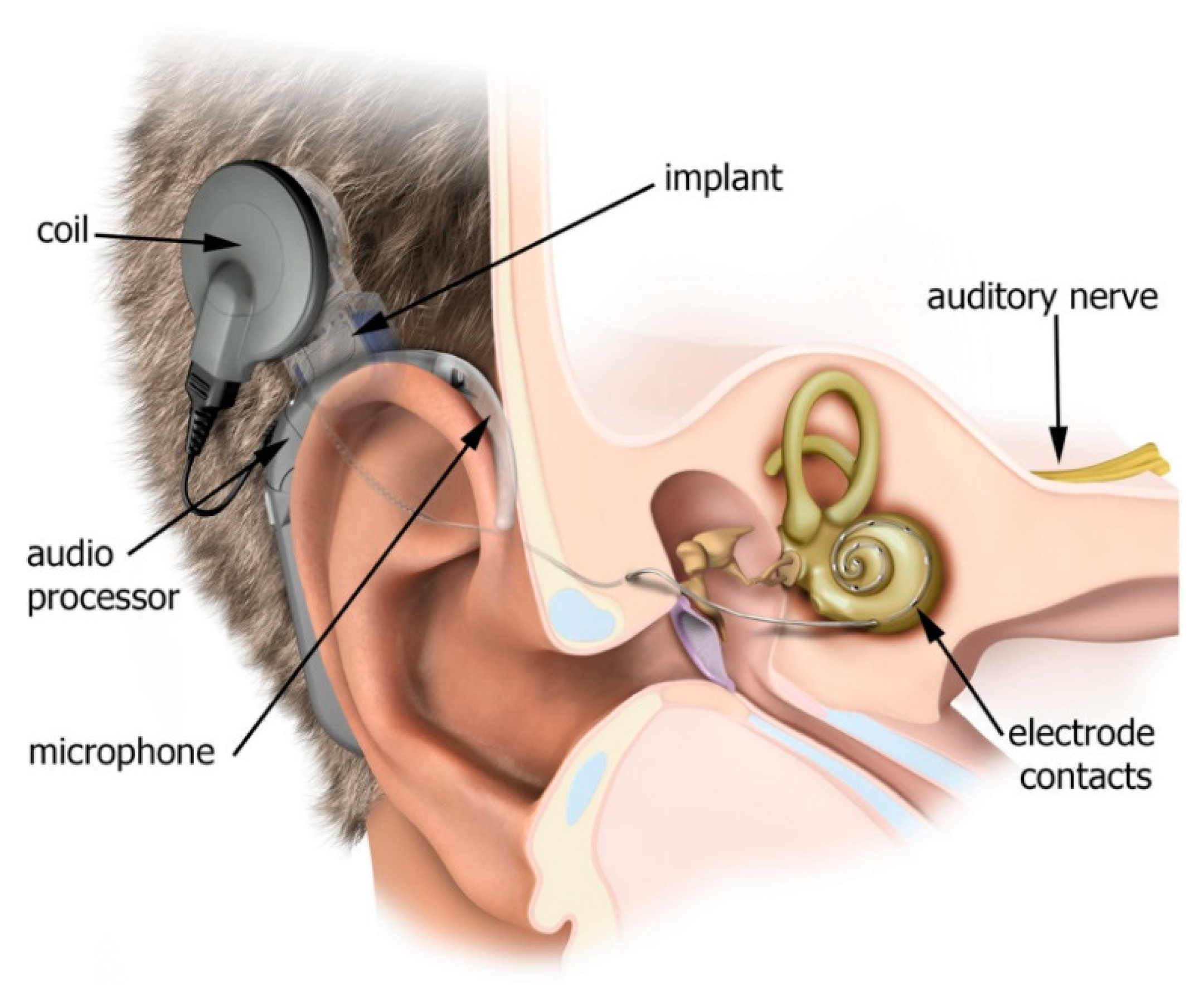Sudden Hearing Loss: A Medical Emergency!

Do you know that if you suddenly lost your hearing in one or both ears, you need to see your ENT doctor as soon as possible? If the hearing loss is severe, it’s not going to be due to “just earwax”! Sudden hearing loss is a rare but serious ENT condition in Singapore and we see see approximately 3-4 cases every month at our busy ENT specialist clinics in Singapore. So yes, sudden hearing loss is an ENT emergency and you need to seek treatment urgently, ideally within 24 hours and certainly within 72 hours of this unfortunate hearing loss event occurring. I remember writing an extensive review on Sudden Hearing Loss in a peer-reviewed ENT academic journal a few years ago, as an ENT specialist trainee in London (AC Leong et al, Clinical Otolaryngology, 2007, Pubmed ID 17883561). A very interesting condition indeed…
WHAT ARE THE WARNING SIGNS OF SUDDEN HEARING LOSS?
Sudden hearing loss is a very distressing condition for the patient as it presents with a sudden severe blocked ear sensation, often associated with severe ringing or tinnitus in the affected ear and/or vertigo and dizziness. Patients with sudden hearing loss don’t really feel any ear pain but they may describe a sudden “vacuum” feeling in their ear or imbalance between the 2 ears. The initial dizziness and vertigo very often settles down but the ringing tinnitus and hearing loss with pressure fullness in the ear, may remain. With only one good hearing ear, patients struggle to hear in noisy places and have a lot of difficulty trying to localise sound i.e. they cannot tell where the voice or sound of interest is coming from. This is challenging in social situations with many people talking at the same time and not being able to discriminate the voice of the person you want to focus on. You may also unintentionally ignore the person speaking to you on the side of your bad ear, which can be socially awkward.
WHAT CAUSES SUDDEN HEARING LOSS?
Although many cases do not have a clear cause, some patients report having had their ear exposed to loud noise before they suddenly lost their hearing. Others recall having had a bout of the flu or a cold or some sort of viral infection of the nose and sinuses just before they lost their hearing suddenly. hearing loss mostly occurs in in just one ear but it can also affect both ears at the same time, especially if you have a history of auto-immune health conditions such as rheumatoid arthritis, lupus (SLE) or some other sort of vasculitis (inflammation of the blood vessels). Sudden hearing loss also appears to have a higher incidence in patients who may already have pre-existing health conditions such as diabetes, high cholesterol and high blood pressure. Smoking may also increase the risk of sudden hearing loss, presumably related to the chronic oxygen deprivation of the delicate inner ear or cochlea (the nerve hearing centre).
As a busy ENT specialist with a special interest on hearing and dizzy disorders in Singapore, I think the top 4 causes for sudden hearing loss are:
- Infection of the inner ear, probably viral
- Vascular or bloodflow issues, such as a microscopic blood clot blocking off the blood supply of the inner ear
- Tumour of the inner ear (acoustic neuroma)
- Nerve-related or auto-immune disease
Rarely, cases of sudden hearing loss have also been associated with syphilis and HIV, again presumably due to the overall inflammation caused by these conditions. Sudden hearing loss has also been reported in people who scuba dive, especially to deep depths underwater, and it is thought that high water pressures with problems equalising the Eustachian pressure tube, may lead to barotrauma or pressure-related injury to the delicate inner ear, causing a small leak of inner ear fluid (perilymph leak).
WHAT IS THE TREATMENT FOR SUDDEN HEARING LOSS?
Sudden hearing loss is SENSORINEURAL, meaning it has occurred in the inner ear nerve centre, where the cochlea is located. It usually has nothing to do with the eardrum or impacted wax, especially if the hearing loss is severe to completely gone. It is tricky for the GP/family physician to assess if it is sensorineural because they usually do not have the capacity to conduct a hearing test to check this. Simple screening in the form of easy-to-do tuning fork tests can be done, especially out-of-hours or in the emergency department late at night. Basically, the attending doctor needs to decide if a course of oral steroids should be started to treat the sudden hearing loss as soon as possible. Weighing the risks vs benefits here of oral steroids, many doctors would start the course of oral steroids or prednisolone at 1 mg/kg daily, maximum 60 mg daily, in normal healthy patients. Caution is advised in diabetics, as it will impair the blood sugar control temporarily. Steroids often also cause sleep disturbances and insomnia if taken too late at night.
Ultimately, referral to your friendly ENT specialist in Singapore is still indicated to confirm your sudden hearing loss on a hearing test. Once confirmed, then a discussion about continuing oral steroids and/or switching to intratympanic steroid injections to deliver the medication through your eardrum, will take place (Figure 1). Some patients may choose to have both oral and intratympanic steroids while other wish to try the oral route first before the eardrum injections are considered. Intratympanic steroid injections through the eardrum are not painful and are easily done in clinic, but the key is to lie there for at least 30 minutes after the injection is done in a certain position to allow time for the steroid medication to absorb into the inner ear nerve centre via the natural inner ear membranes. The number of injections can vary but most ENT specialists in Singapore would probably attempt 3-4 injections, on a daily or alternate day basis, before stopping if there is still no improvement.

The most important investigation is to make sure you get an MRI scan done of your inner ear to rule out the presence of an underlying inner ear tumour, usually an acoustic neuroma. This is a benign slow-growing nodule of the balance nerve which can sometimes be detected as an incidental finding on MRI scans performed for other reasons. Acoustic neuromas are associated with 15-20 % risk of sudden hearing loss though, so this may be your first presentation of an acoustic neuroma which previously did not cause any symptoms as it was still quite small. Conversely, we find acoustic neuromas as the cause of about 2% of sudden hearing loss cases. Remember, even if your sudden hearing loss seems to improve, please still have your MRI scan done because steroids can temporarily shrink the neuroma, making the hearing loss recover, but it certainly won’t make the underlying neuroma disappear completely. So if you omit your MRI scan, you still cannot rule out the acoustic neuroma at all.
WHAT HAPPENS IF THE SUDDEN HEARING LOSS DOES NOT RECOVER?
The peak time for recovery for sudden hearing loss seems to fall around the 2-3 week mark afterward. But delayed recovery can still occur. So what happens in the worst case scenario when even after trying everything, including hyperbaric oxygen therapy, various vitamins, antiviral meds, steroids, blood thinners like aspirin? At least 1000 different methods and regimens of management of sudden hearing loss can be found in the ENT literature, unfortunately not one of them is proven for sure, although steroids would probably be the one treatment which most ENT specialists would agree on.
If you only have partial hearing loss in the one ear, a standard hearing aid may help. If the hearing loss is more severe, then a different hearing aid called a CROS hearing aid may be tried, to reroute the sound from your bad side over to your good ear. However, in my experience, CROS hearing aids are not popular as they don’t seem to provide that much benefit for the patient with single sided deafness.
When the option of hearing aids don’t work out, then next up is the option of hearing implants. Very simply put, hearing implants either come in the form of a Bone-Anchored hearing implant such as a BAHA or Bonebridge, OR a cochlear implant, each option with its pros and cons. You would only consider hearing implants if you still hadn’t had any improvement in your sudden hearing loss after at least 6 months or even a year.
A Bone-Anchored hearing implant such as a Bonebridge (Figure 2) is easy to insert, with immediate hearing benefit once switched on, and very little speech rehab is needed, if any at all. But it doesn’t provide true sound, as it reroutes the sound entering the good ear over to the bad ear, via conduction through the skull bone. It does a good job of providing “surround sound” hearing for both ears and helps localise sound better, making it easier to hear in a noisy place. Surgery is short and easy, and can be done as a day case.

A cochlear implant (Figure 3), on the other hand, requires more complex longer surgery, approximately 2-3 hours long, and needs speech rehab to retrain the inner ear to process speech, although it is usually faster in the adult who already has good language skills. It involves inserting a long electrode directly into the inner ear nerve centre, the cochlea, so that the electrical signals are now sent to the hearing nerve, providing true sound.

So there you go, everything you need to know about sudden hearing loss! Remember, that early treatment is critical for optimal recovery of sudden hearing loss….please seek medical attention even if it’s out-of-hours, at your emergency department or urgent care centre, so that at the very least, a course of oral steroids can be started early. Don’t forget to see or follow up with your friendly ENT specialist in Singapore!
Share this blog via:
